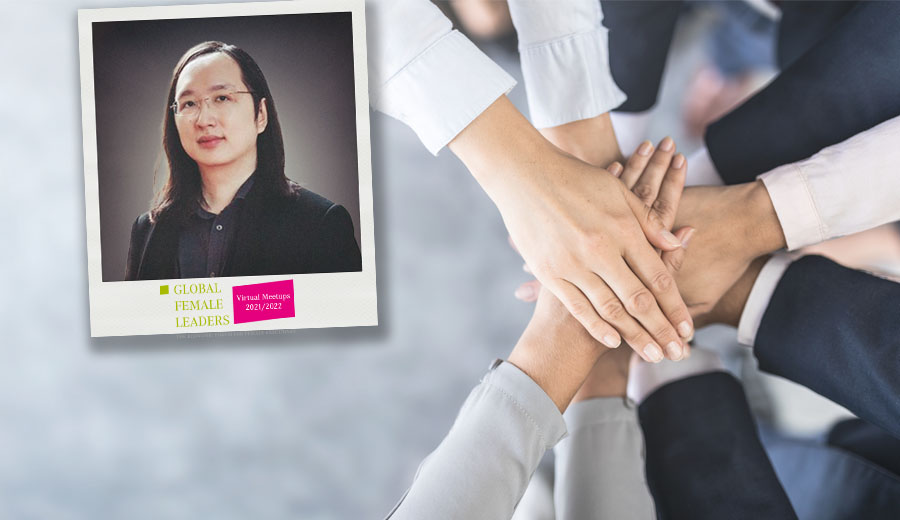
Audrey Tang and the Power of Trust
To an audience drawn from business leaders around the world, Audrey Tang is a breath of fresh air and inspiration. The Minister is quietly confident that challenges are there to be overcome, and without a second thought, they apply the creative thought processes and deploy the resources required to overcome them.
Their background sounds like a range of paradoxes: a child prodigy who studied advanced math at the age of five, began programming at age eight yet dropped out of junior high school; a hacker, who started their own company at 15, a civil society activist who is now a government minister. When asked how all these factors lined, up, Minister Tang replies: “Beautifully!”
WHAT HAS BEEN YOUR BIGGEST CHALLENGE AND BIGGEST SUCCESS TO DATE?
Their detailed response included fascinating issues such as harnessing the creativity of citizens in a “social innovation lab”: citizens present suggestions, entering into an openly-published dialogue, bolstering a people-public-private partnership based on mutual trust. Due largely to this spirit of cooperation, Taiwan avoided lockdown altogether, relying on the innovative contributions of hackers – or, as Audrey calls them “citizen technologists” – and a process they called “reverse procurement”: instead of the state sourcing services among the private sector, the private sector made innovative suggestions based on their needs.
What I did was to ensure that we had a fresh supply of high-quality data and that enabled [the creation of] more than 100 applications.
WHAT DO COUNTRIES SEEKING TO IMPROVE E-GOVERNANCE NEED TO KEEP IN MIND?
The Minister underlined the importance of declaring as a basic human right (right up there with healthcare!) the access to universal broadband: fast internet, inexpensive, available everywhere. This, combined with an education system based on the concept of digital and media competence – not just the more passive ‘literacy’ – actively gives citizens agency in the civil process, so they can be part of the narrative. These, according to the Minister, are the two pillars of effective e-governance: universal access to broadband and competence-based, maker- and producer-based education.
FEMALE LEADERSHIP IN TECHNOLOGY – WHAT ARE YOUR RECOMMENDATIONS?
The Minister referred to education once again, pointing out that, unlike the 40% female political environment in Taiwan (starting with the President), their STEM graduates had recently only just hit the 25% mark. The Minister believes that the inclusion of Arts and even Design in the setup and curriculum of STEM study courses (citing “STE(A)M” or even “STE(A)M(D)”) shift the focus from ‘software engineering’ to a more inclusive, diversity-oriented field of study and work, emphasizing connecting people to people, which has a different appeal.
A QUESTION OF TRUST
Audrey Tang makes sure that the citizens have “digital public infrastructure” – the spaces where pro-social conversations are made. Everyone of all ages should be able – and encouraged – to contribute to fact-finding, in what the Minister calls the ‘democratization of journalism’. Understanding what things actually are, and how to listen across cultural and discipline differences to make a whole picture, is also essential.
The government must first trust the people with agenda-setting power, and then the people can make democracy work.
TAKEAWAYS FROM THIS GREAT VIRTUAL MEETING
Encourage everyone to have a voice, develop it and use it.
Trust. Essential to business and any functioning society, it takes years to build up but just moments to destroy.
Education. Use new approaches, and never stop learning. Without it, our innate human creativity simply goes to waste.
Comments
No Comments

